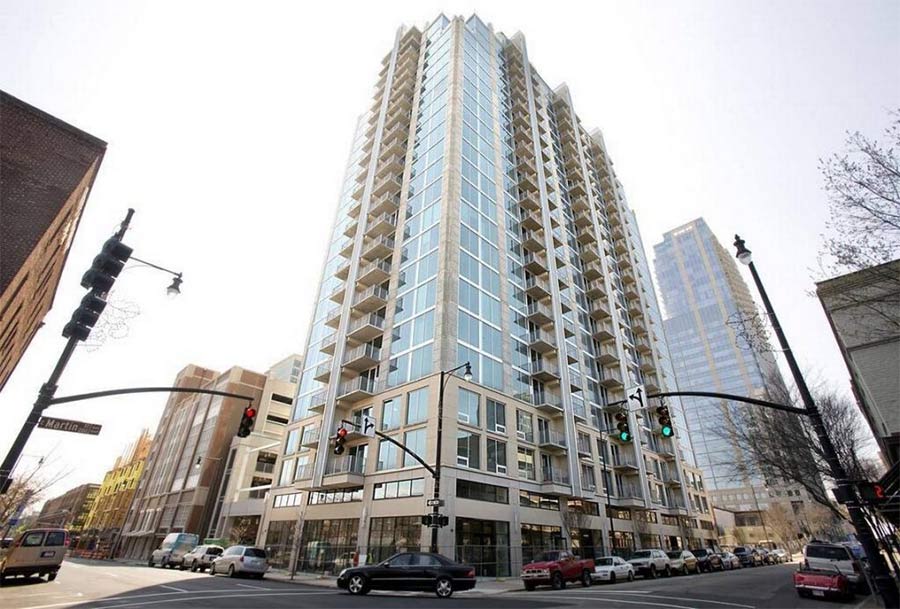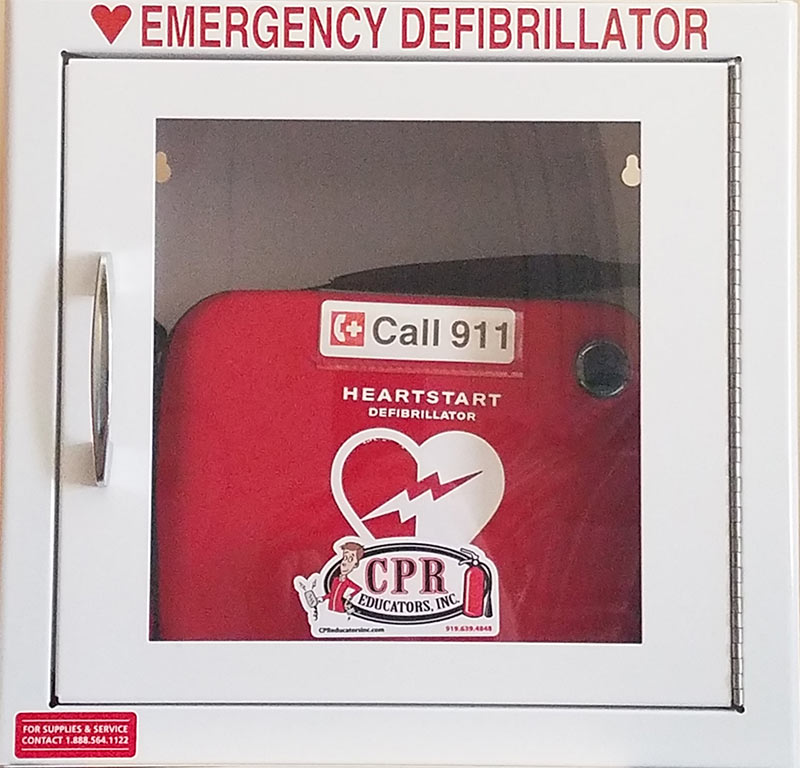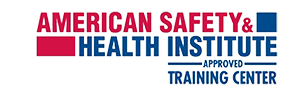
Condo Dwellers Are Less Likely to Survive Cardiac Arrest
The higher you are, the longer it takes first responders to reach you.
People who live in high rise condos in Richmond’s City Centre neighborhood now have to add another concern on top of potentially noisy neighbors and long elevator wait times.
How far away the nearest AED (Automated External Defibrillator) is could dictate weather you live or die in cases of cardiac arrest.
A new study by St. John Ambulance and IPSOS suggests cardiac arrest survival rates are extremely low for condo-dwellers. The study found people who live on or above the third floor have a 2.6% chance of surviving a cardiac arrest. Above the 25th floor, the survival rate is ZERO.

That is because the higher up you are, the longer it takes first responders to reach your condo.
St John Ambulance is recommending condo developers and apartment building managers invest in AED units to give cardiac arrest victims a fighting chance.
“Every moment counts,” said Karen MacPherson, St. John Ambulance CEO. “The time it takes to access an AED can determine if a person lives or dies. Every condo or apartment building should have one or more of these devices installed and ready to save a life.”
If a victim is defibrillated within the first minute of collapse, their chance of survival is nearly 90%, according to St. John Ambulance. For every minute of delay, their chance of survival falls by 7-10%.
After three munutes with no heartbeat, brain damage starts to set in.
AED’s are small, portable devices that deliver an electric shock throughout the chest wall of a person whose heart has stopped beating. Most people who have taken a first aid course are trained in how to use them, and all AED units speak clear instructions so even an untrained bystander can use one.
According to St. Johns Ambulance, the majority of Canadians are willing to use an AED to save someone’s live, but 86% of British Columbians don’t know where the closest one is to their home.
The devices are vetting more common in public places like malls, office complex, dental facilities, pools, gyms and airports. But there hasn’t been as much uptake to install them in homes and residential buildings, according to St. John Ambulance.
The City of Richmond does not have local regulations on weather AEDs need to be installed in residences, and there are currently no provincial rules either, said city spokesperson Ted Townsend.
Andrew Leong, managing broker at a Richmond real estate firm, said he has seen AED units in newer buildings at the concierge or in common areas like fitness centres and pools. But he said buying AEDs in not a common upgrade for condos developers to invest in, given the cost of buying and maintaining them.
A common model, the Philips HeartStart, retails for just under $1,500 through S. John Ambulance.
“As the cost of these machines goes down, I think the individual persons would invest in a personal AED device in a home,” Leong said.
Sudden cardiac arrest kills around 400,000 individuals each year.
CPR Educators offers the best pricing on AED units and even leasing and maintenance options for public areas such and condos, apartment buildings, retail stores and offices.
You can find out more information about CPR Training as well as request a detailed quote for an AED device from CPR Educators online. CPR Educators can be reached by calling (919) 639-4848 or by filling out their contact form.




